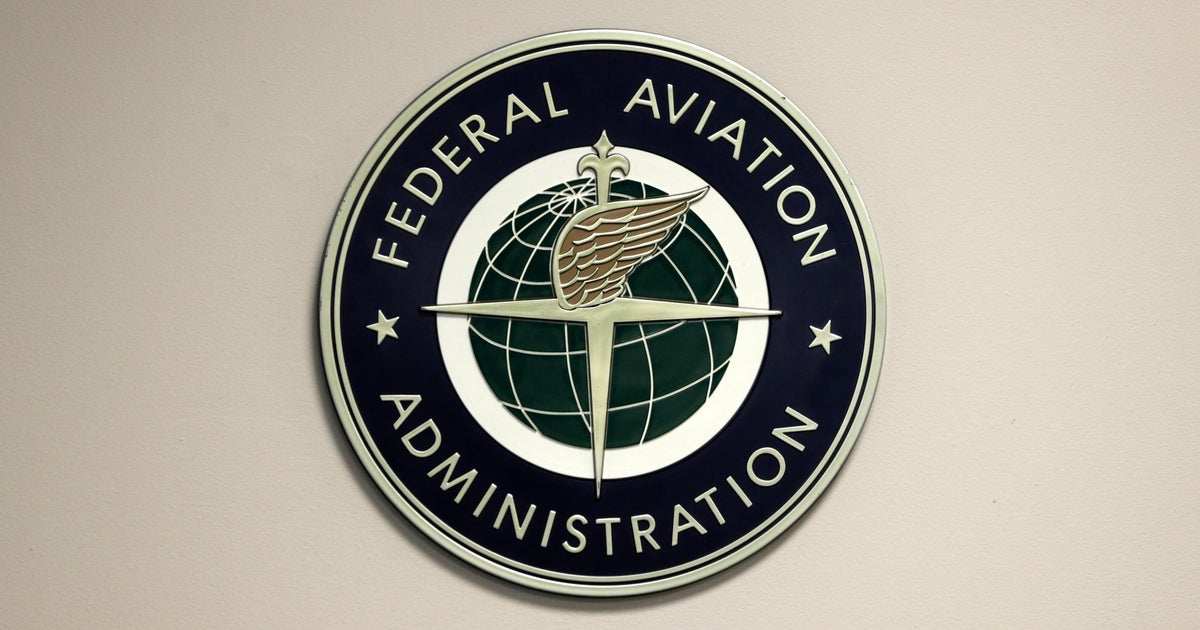Military sexual assaults increased slightly in 2020, according to annual report
The Department of Defense saw a small increase in reported sexual assaults in 2020, according to an annual report released Thursday. The report shows 6,290 reported sexual assaults that occurred during military service, a 1% increase from 2019.
The 2020 report occurred as bases and commands grappled with COVID restrictions, and it is unclear what impact the pandemic had on reporting.
The pandemic did, however, halt the prevalence survey the Department does every two years to estimate how many incidents occur, not just how many are reported. The most recent survey in 2018 estimated that about 20,500 service members experienced some kind of sexual assault.
The Defense Department is prioritizing sexual assault in part because of the case of Vanessa Guillén and the subsequent report of the Fort Hood Review Commission. The report found the leadership climate at Fort Hood led to a permissive environment for sexual assault and there were serious flaws in the Army's sexual assault and harassment prevention program
The annual report from the Sexual Assault Prevention and Response Office comes as a separate Independent Review Commission on Sexual Assault and Harassment in the Military completes its work and issues final recommendations.
Defense Secretary Lloyd Austin set up the commission on his second day at the Pentagon. The commission has until the end of May to offer final recommendations to the secretary.
One of the initial recommendations the commission has put forward is to take the prosecution decision for cases of sexual assault out of the chain of command, something advocates and lawmakers like Senator Kirsten Gillibrand of New York have been pushing for for years.
Previously, Pentagon officials have opposed the measure, but Austin and Chairman of the Joint Chiefs of Staff Mark Milley have recently said they are open to new solutions on how to fix the problem.
"And we, the chain of command, we the generals, the colonels, the captains and so on, we have lost the trust and confidence of those subordinates in our ability to deal with sexual assault," Milley told reporters earlier this month. "So we need to make a change. What that change is, we'll see what the Independent Review Commission comes up with in terms of the recommendations and we'll take a hard look at it and we'll have discussions with the secretary and so on."
Austin has taken the initial recommendations to the service chiefs and secretaries and expects their feedback by the end of May.



